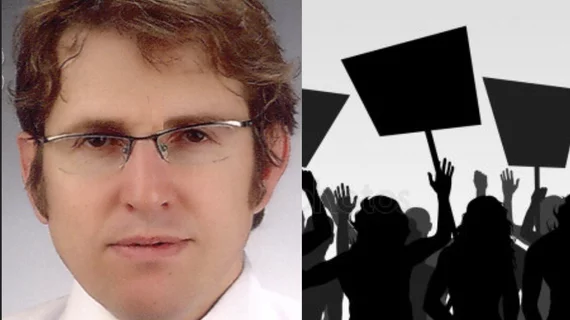Cardiologist’s murder leads to two-day strike among doctors in Turkey
The United States is not the only part of the world dealing with violent attacks in its hospitals.
Ekrem Karakaya, a cardiologist at Turkey’s Konya City Hospital, and his secretary were both murdered on Thursday, July 7, by the family member of a former patient. The attacker also died in the aftermath of the incident, according to a detailed report from Balkan Insight, the flagship English-language outlet of the Balkan Investigative Reporting Network.
The Turkish Medical Association responded to this attack by announcing a two-day strike among healthcare workers. In a video statement, the organization said it has called again and again for violence toward healthcare workers to be treated as a serious issue.
“As we have repeatedly stated, violence is a predictable and preventable social problem, and this problem can be overcome with overarching policies aimed at solving it,” the Turkish Medical Association said in its statement.
According to the Balkan Insight report, all media coverage of the murder has been banned by Turkey’s Radio and Television Supreme Council.

